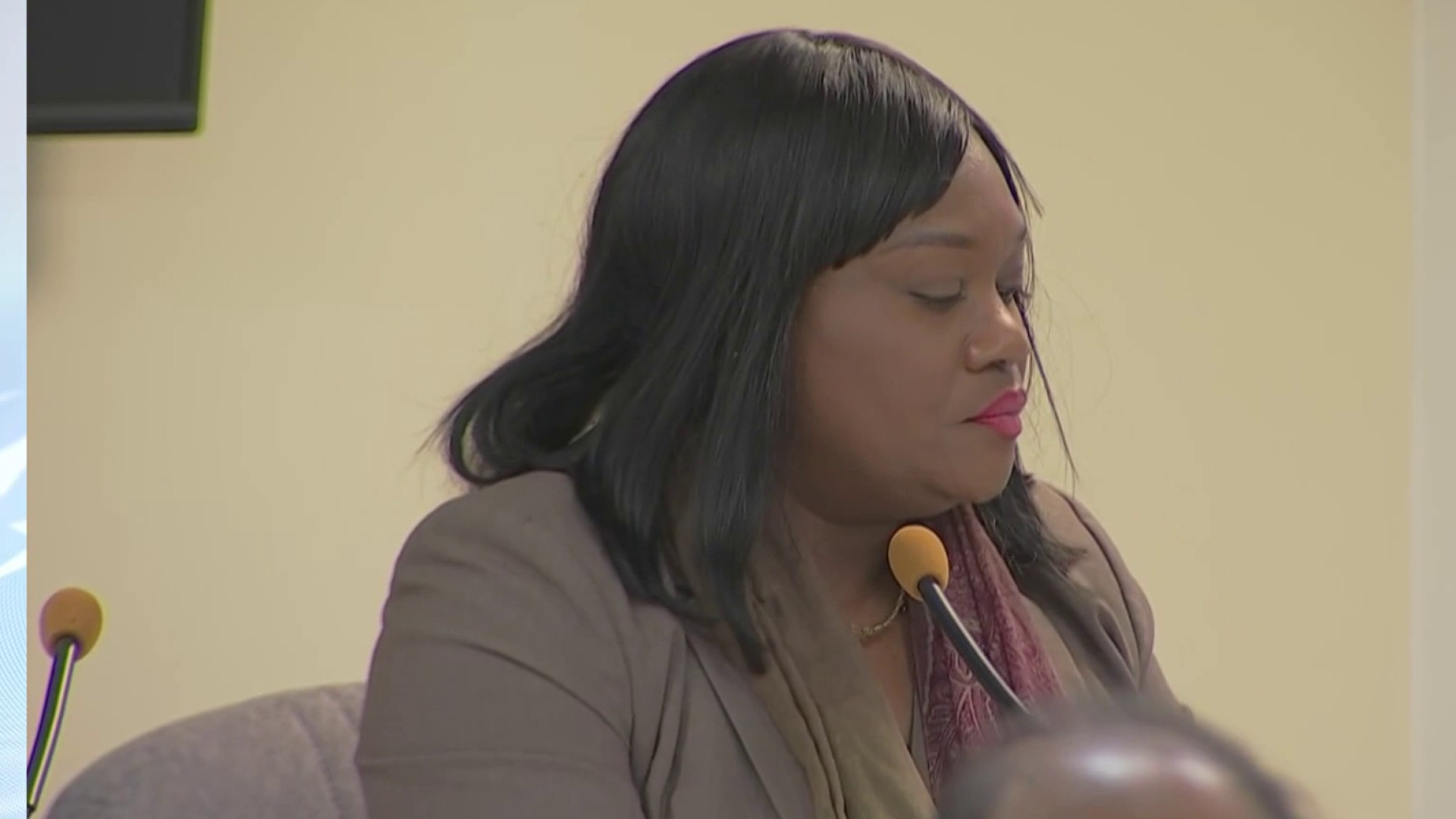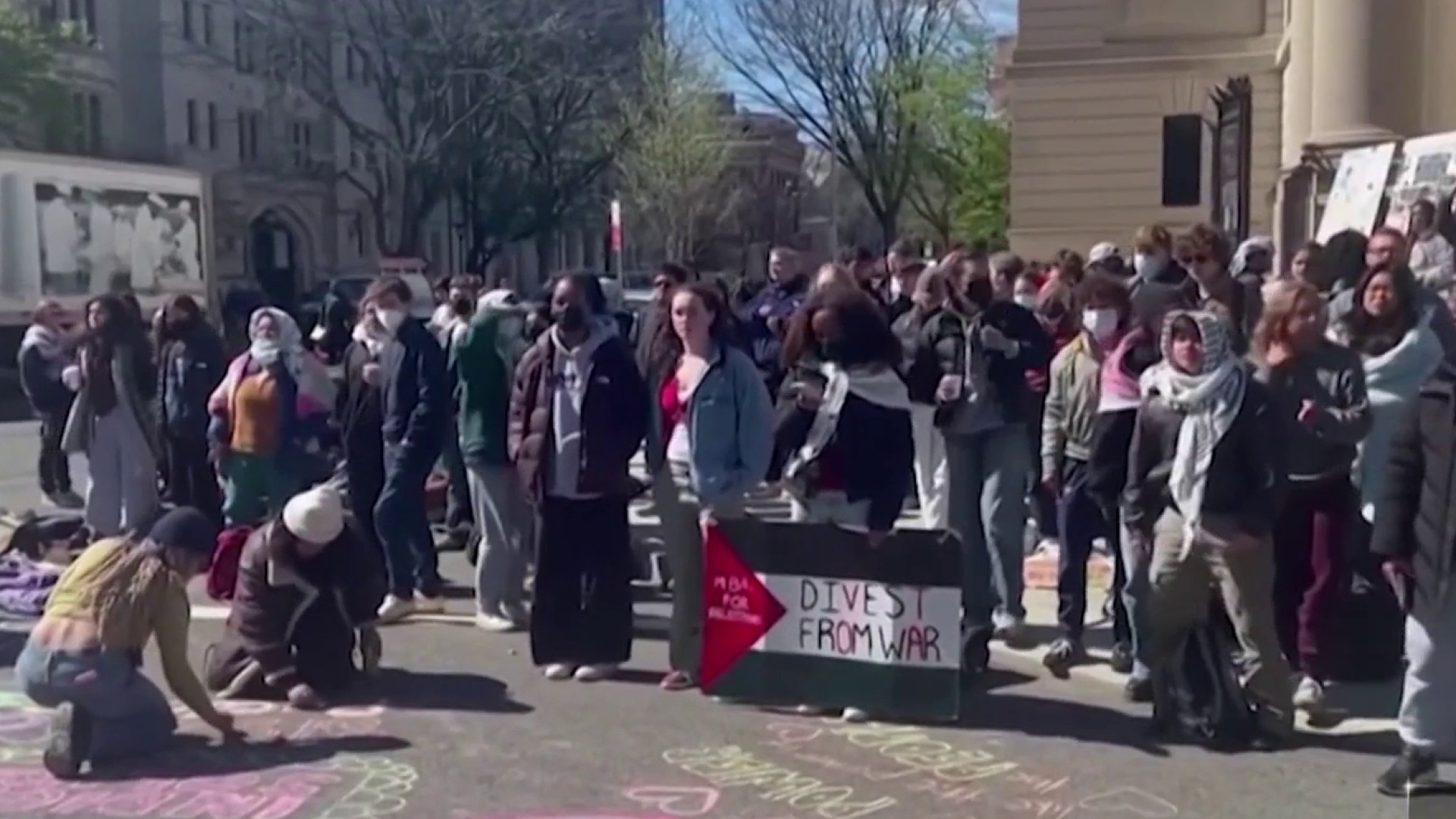Pennsylvania became home to one of the nation's toughest voter identification measures Wednesday, a prelude to a likely legal challenge just as judges at various levels move to analyze a number of other new state laws that make similar demands of voters.
Republican-controlled legislatures in Pennsylvania and around the country have actively pursued photo ID laws ahead of the 2012 presidential election in what supporters say is an attempt to stop voter fraud.
Although Democrats and many county officials say there have been no instances of voter fraud that justifies such a law, Republican Gov. Tom Corbett signed the measure Wednesday evening, a few hours after it passed the state House of Representatives.
In the signing ceremony at his Capitol offices, Corbett described the new law as a preventive measure, but he could not offer examples of voter fraud to back up his contention that the crime has occurred in certain precincts in the past.
“I believe we need to ensure that our elections are fair,” Corbett said.
Now, Pennsylvanians will need to show a photo ID that meets the law's guidelines every time they vote.
Democrats, who voted against the bill, call it a thinly veiled attempt to defeat President Barack Obama in the Nov. 6 election, when Pennsylvania, historically a swing state, is again expected to be a high-profile battleground. They summoned images of civil rights-era battles such as the 1965 “Bloody Sunday” march in Alabama to protest what they view as a throwback to the now-unconstitutional poll taxes and literacy tests designed to discriminate against poor and minority voters.
Local
Breaking news and the stories that matter to your neighborhood.
“We're about to turn back the pages of history to that era by imposing what is a poll tax, among other obstacles, for the most vulnerable people in our community that have the right today to vote, and tomorrow, who knows?” said Rep. Daniel Frankel, D-Allegheny.
The Obama campaign criticized the measure as “a costly bill to address a non-existent problem” while Democratic lawmakers and the American Civil Liberties Union vowed a court challenge.
Corbett said he believes voter turnout will increase, and Republicans said they are confident the law will withstand scrutiny.
“It's simple, straightforward, it's designed to ensure the integrity of everybody's vote,” said House Majority Leader Mike Turzai, R-Allegheny. “It's ‘Here is an ID, a photo ID, and if you need to get a photo ID, we'll give you one for free.’”
Corbett pledged that state agencies would add extra hours to transport people, particularly the elderly, to get identification cards from PennDOT's service centers. The April 24 primary will be treated as a test run, while the Department of State plans to send out postcards to registered voters in September and air radio and TV ads, State Secretary Carol Aichele said.
Democrats contend that getting a photo ID from the state will not be free or easy, noting that applying for supporting paperwork such as birth certificates and passports costs money and getting them takes months. Also, the six-day window after the election allowed by the law for a voter who shows up without proper identification to supply one to elections officials is really shorter because state offices, such as state driver's license centers and county elections bureaus, are typically closed on weekends, Democrats said.
The County Commissioners Association of Pennsylvania says systems are already in place to prevent duplicate or erroneous registration. It also warned lawmakers that adding the additional step of requiring poll workers to check photo IDs will lengthen Election Day lines at polling places and create voter confusion, but provide no extra security for ballots.
The bill also was opposed by AARP, the National Association for the Advancement of Colored People, labor unions and good-government groups. Some of the groups, as well as the Obama campaign, said they would mount information campaigns to educate voters.
Pennsylvania's prior law required identification from a voter the first time he or she voted in a precinct. That identification included a government check or a utility bill.
The new law requires a photo ID, including many government employee photo IDs, student IDs from colleges and universities in Pennsylvania and IDs for people who live in elder-care institutions in the state, as long as they show a name, photo and expiration date that makes them current.
After three days of acrimonious floor debate, the House of Representatives passed the bill 104-88 on Wednesday afternoon, largely along partisan lines. Every Democrat opposed it, while three Republicans broke ranks to oppose it. The Senate passed it last week.



